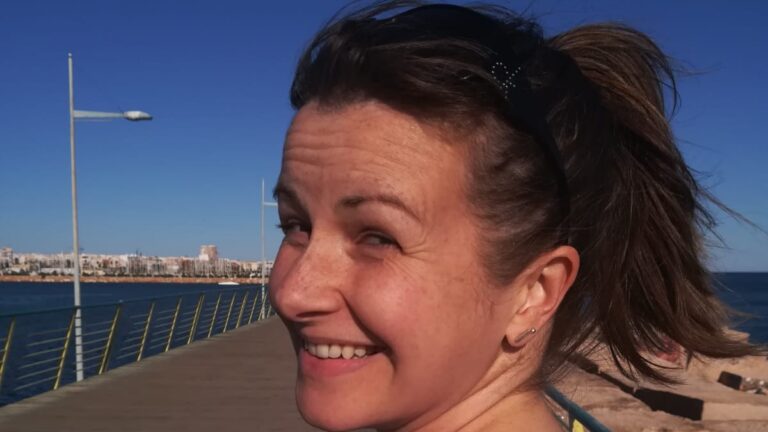I have to keep reminding myself that I am now in my midlife… it’s weird because I don’t feel older than 21, but here I am, 43…
What does it mean to be in midlife? Things are changing in our bodies, some women I know at this age are already experiencing Peri menopausal symptoms, some are already in full swing menopause. I am not there yet, but it’s something I am thinking about and curious about how I can minimise the disruption in my body that comes with the hormone shifts.
Something that I always champion is listening to your body and responding to what it’s telling you – no matter what age you are. This advice wasn’t something I actually took on board myself (I do now, my body finally got to the point where it overrides me and shuts down when I don’t listen. I don’t recommend this as a life plan).
One thing is for sure, my body isn’t as resilient to the abuse I put my body through in my 20’s and 30’s… I am in my 40’s but I also have a diagnosis of Crohn’s disease which stops me in my tracks when I push too far.
There is emerging research finally coming out that’s specific to female bodies and our hormone cycle that is very different to male bodies.
When I was at uni 2013/14 doing my BSc Sports and Exercise Science and we looked at strength training, the assumption was that you worked with a weight for a period of time, then when it got easy, you increased load and continued on an upwards trajectory. That was it. Full stop.
Women weren’t included in medical studies until the 90’s!!!
Sports science research used males born and bred, generally aged 18-22 years old. And that data set for everyone. We never thought to question that at uni – well I never considered it…
That’s how I trained, that’s how my clients trained… There were vague discussions with clients if they were feeling a bit off that where they were in their monthly cycle might have an impact, and we made small adjustments.
For me, one of the issues was I was on the pill so my cycle didn’t really ever change due to the synthetic hormones I pumped into my body daily. Now, I am not going to tell anyone what medications they should or shouldn’t take, but what I discovered coming off the pill after 21 years was the impact it had! Gut health, mental health, emotions had all been impacted… then I read the information leaflet with all the side effects (one of them potentially being Crohns!)
Anyway, back to why movement matters in midlife. From the age of 30, if you are pretty sedentary (sitting for 8hrs a day at work) you will lose 3-8% of muscle mass each year!
So, if you are not moving around, doing body weight exercises, lifting weights or some form or resistance exercise, your body is going to lose muscle mass at quite a rapid rate and that has an impact on your long term health. Even more so when you hit menopause when women are then at high risk of osteoporosis (loss of bone density).
The good news is by regularly moving your body, being active, you can slow that process down. Other good news is, it’s never too late to start!
My advice to anyone is, the best kind of exercise is the one you will do regularly. Do whatever activities or exercises you enjoy – that’s what will keep you going back and be a benefit rather than any one particular exercise regime


